Jean-Paul Marthoz/CPJ EU Correspondent
CPJ EU Correspondent Jean-Paul Marthoz is a Belgian journalist and longtime press freedom and human rights activist. He teaches international journalism at the Université catholique de Louvain and is a columnist for the Belgian daily Le Soir.
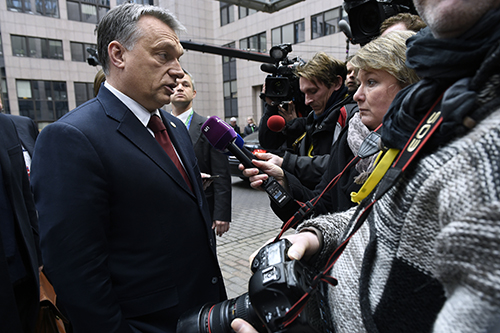
UN review of Hungary shows country ‘treats human rights as a public enemy’
On May 9, a stern review of Hungary’s conduct in human rights issues and press freedom was released at the United Nations Human Rights Council. The report, drafted by the Working Group on the Universal Periodic Review, listed concerns from U.N. member states about the controversial policies of Viktor Orbán’s government on asylum seekers and…
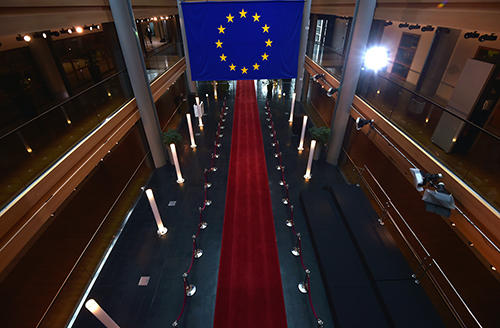
EU rulings on whistleblowers and right-to-be-forgotten laws puts press freedom at risk
European journalists were reminded today that their freedom to report is not only determined by national laws, but increasingly by European institutions. Today, after years of political battle, the European Parliament adopted the Passenger Name Record directive, the Data Protection Package, and the Trade Secrets Protection Act. The stakes were immense and the debates long…
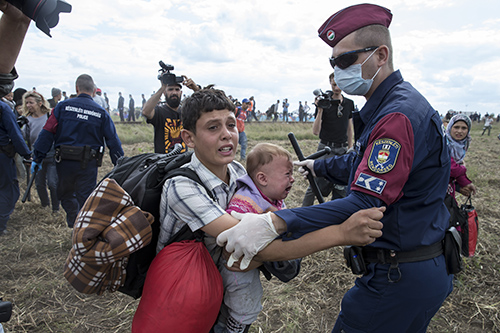
Journalists not welcome: Across Europe, press and migrants increasingly barred
“The press is not allowed in refugee centers.” The message from the Greek government could not have been clearer. “No permission will be given to television crews and reporters to enter such premises that hosts refugees,” Yannis Mouzalas, the minister in charge of immigration policy, said in a February 29 statement. In protest the Pan-Hellenic…
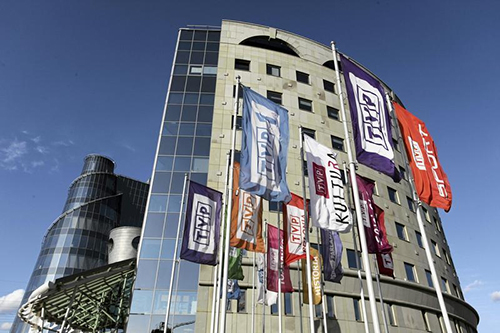
Will the EU’s actions speak louder than its words on Poland’s new media law?
On January 13, the European Commission–the so-called guardian of EU treaties–will meet in Brussels to debate a troubling law passed in Poland today that, according to reports, paves the way for the government to take control of public service TV and radio.
As police seize Newsnight laptop, concerns grow at reach of UK counter-terrorism measures
For journalists investigating jihadist networks, the UK is proving to be no safe haven. British police used special powers under the Terrorism Act 2000 in August to seize the laptop of Secunder Kermani, a reporter for BBC Two’s flagship news show “Newsnight,” according to reports. “They required the BBC to hand over communication between the…
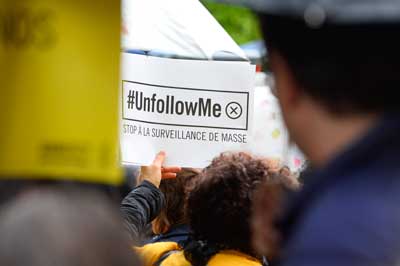
French surveillance law passes National Assembly, but it’s not the last word
Until the last moment the opponents of a very controversial French intelligence bill tried to be heard. On Monday May 4 on the eve of the vote, activists kept calling deputies to convince them to reject the bill. They had no chance however, since the Socialist government could count on a solid majority from both…
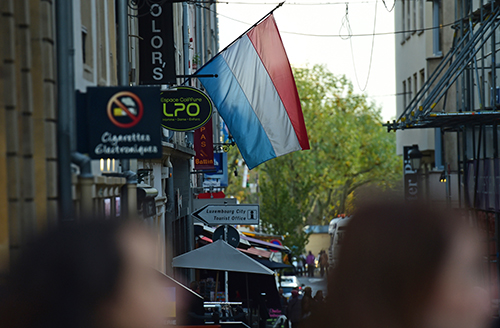
Reporter who broke LuxLeaks story faces charges in Luxembourg
The French journalist who helped break the LuxLeaks scandal, which exposed a large-scale, state-blessed system of tax avoidance in placid Luxembourg late last year, was indicted on April 23. A statement from the Luxembourg prosecutor’s office accused Edouard Perrin of “being the co-author, if not an accomplice, in the infractions committed by a former PricewaterhouseCoopers…
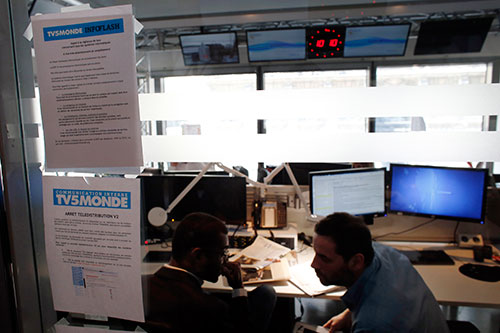
Cyberattacks rattle French, Belgian media outlets
The headquarters of Le Soir in the center of Brussels, two blocks away from the Parliament, look serene in the spring sunshine. No sign of violence scars the glass and stone facade. But the leading Belgian francophone daily, the flagship of the Rossel media group, has suffered a concussion. On Sunday a wave of hacking…
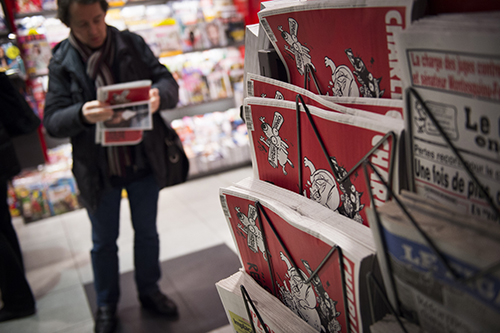
Je suis Charlie sentiment fades amid calls to tame free speech
Je suis Charlie. Two months after that phrase was used around the world to show solidarity with the victims of the January 7 attack against French satirical magazine Charlie Hebdo, flowers are still left at the site of the killings on Rue Nicolas Appert in the 11th arrondissement of Paris. The street has reopened to…
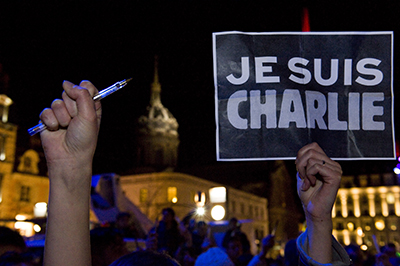
Charlie Hebdo attack unites France on free expression, but will solidarity hold?
The attack on the French satirical weekly Charlie Hebdo has sent shock waves through France and beyond. Not only because 12 people have been killed in cold blood and many were wounded in what was the deadliest terrorist attack in France since 1961, when right wingers bombed a train killing 28 people. Not only because,…